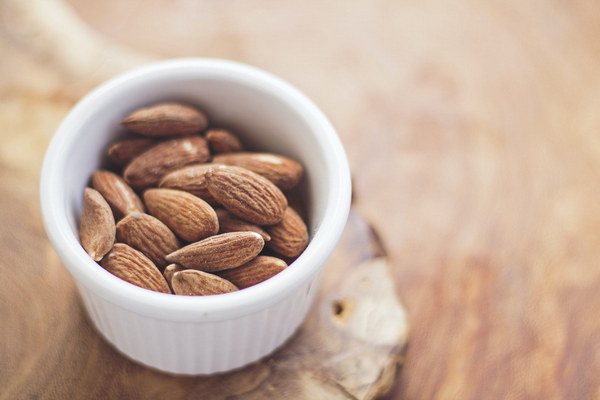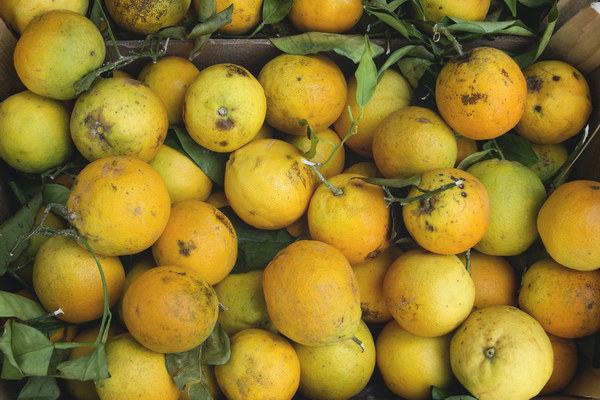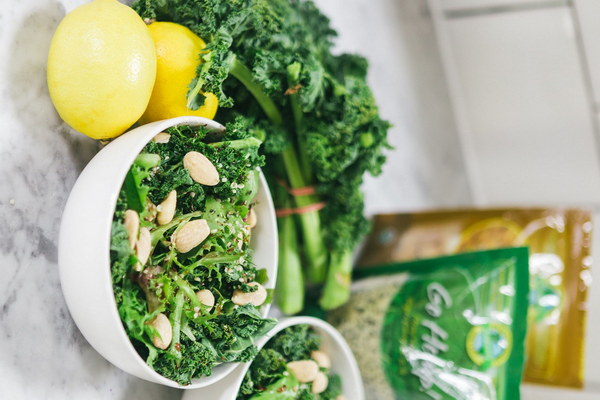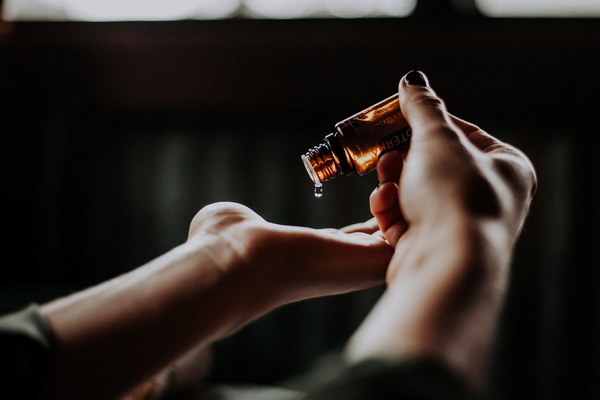Can Amaranthus mangostanus Alleviate Dampness Exploring the Traditional Use of this Herb
In traditional Chinese medicine, maintaining a balance of Yin and Yang is essential for overall health and well-being. One of the key concepts in this holistic system is the idea of dampness, a condition that can lead to a wide range of health issues if not properly addressed. Amaranthus mangostanus, also known as the Amaranth, has been traditionally used to alleviate dampness. But can it really help in this regard? Let's delve into the topic and explore the traditional uses of Amaranthus mangostanus.
Amaranthus mangostanus is a herb that has been used for centuries in traditional Chinese medicine. It is believed to have various health benefits, including the ability to expel dampness from the body. But what exactly is dampness, and how does Amaranthus mangostanus work to address this condition?
Dampness is a concept in traditional Chinese medicine that refers to the accumulation of dampness in the body, which can manifest in various ways. It is often associated with symptoms such as fatigue, joint pain, edema, and digestion issues. The theory is that dampness can be caused by external factors, such as excessive moisture in the environment, or internal factors, such as poor diet or an accumulation of toxins in the body.
According to traditional Chinese medicine, Amaranthus mangostanus has properties that help to expel dampness from the body. The herb is believed to have a drying and astringent quality that can help to eliminate excess moisture and toxins. It is often used in combination with other herbs to treat various dampness-related conditions.
One of the primary ways in which Amaranthus mangostanus is used to alleviate dampness is through its diuretic properties. The herb is thought to encourage the production of urine, which can help to remove excess fluid from the body. This can be particularly beneficial for those who are experiencing edema or other fluid retention issues.
In addition to its diuretic effects, Amaranthus mangostanus is also believed to have a cooling and calming effect on the body. This can help to reduce inflammation and alleviate symptoms such as joint pain and muscle stiffness, which are often associated with dampness.
While the traditional use of Amaranthus mangostanus for dampness is well-documented, scientific research into its effectiveness is still limited. However, some studies have suggested that the herb may have anti-inflammatory and antioxidant properties that could contribute to its therapeutic effects.
One study published in the Journal of Ethnopharmacology found that Amaranthus mangostanus extract had significant anti-inflammatory activity. This suggests that the herb may be beneficial in treating conditions related to inflammation, which can be exacerbated by dampness.
Another study published in the International Journal of Molecular Sciences investigated the antioxidant properties of Amaranthus mangostanus. The researchers found that the herb contained high levels of antioxidants, which could help to protect the body against oxidative stress and reduce the risk of chronic diseases.

While more research is needed to fully understand the mechanisms of action of Amaranthus mangostanus, the traditional use of this herb for dampness is supported by some scientific evidence. However, it is important to note that traditional Chinese medicine is a complex system, and the effectiveness of herbs like Amaranthus mangostanus may vary from person to person.
If you are considering using Amaranthus mangostanus or any other herbal remedy, it is always best to consult with a qualified healthcare professional. They can provide guidance on the appropriate dosage and usage, and ensure that the herb is safe and appropriate for your specific health needs.
In conclusion, Amaranthus mangostanus has been traditionally used in Chinese medicine to alleviate dampness. While more research is needed to fully understand its therapeutic effects, some studies suggest that the herb may have anti-inflammatory and antioxidant properties that could contribute to its ability to treat dampness-related conditions. As always, it is important to consult with a healthcare professional before starting any new treatment.









